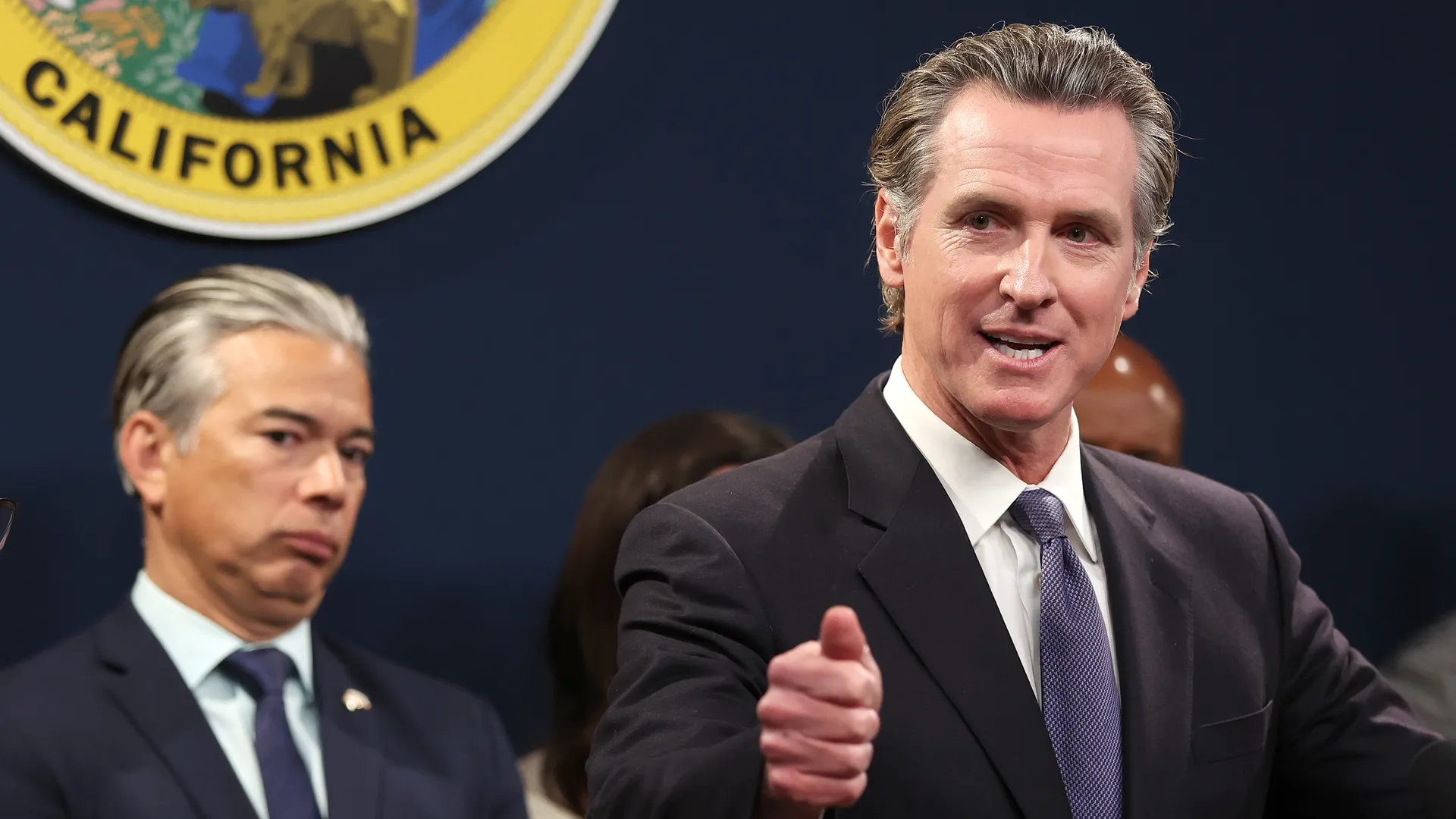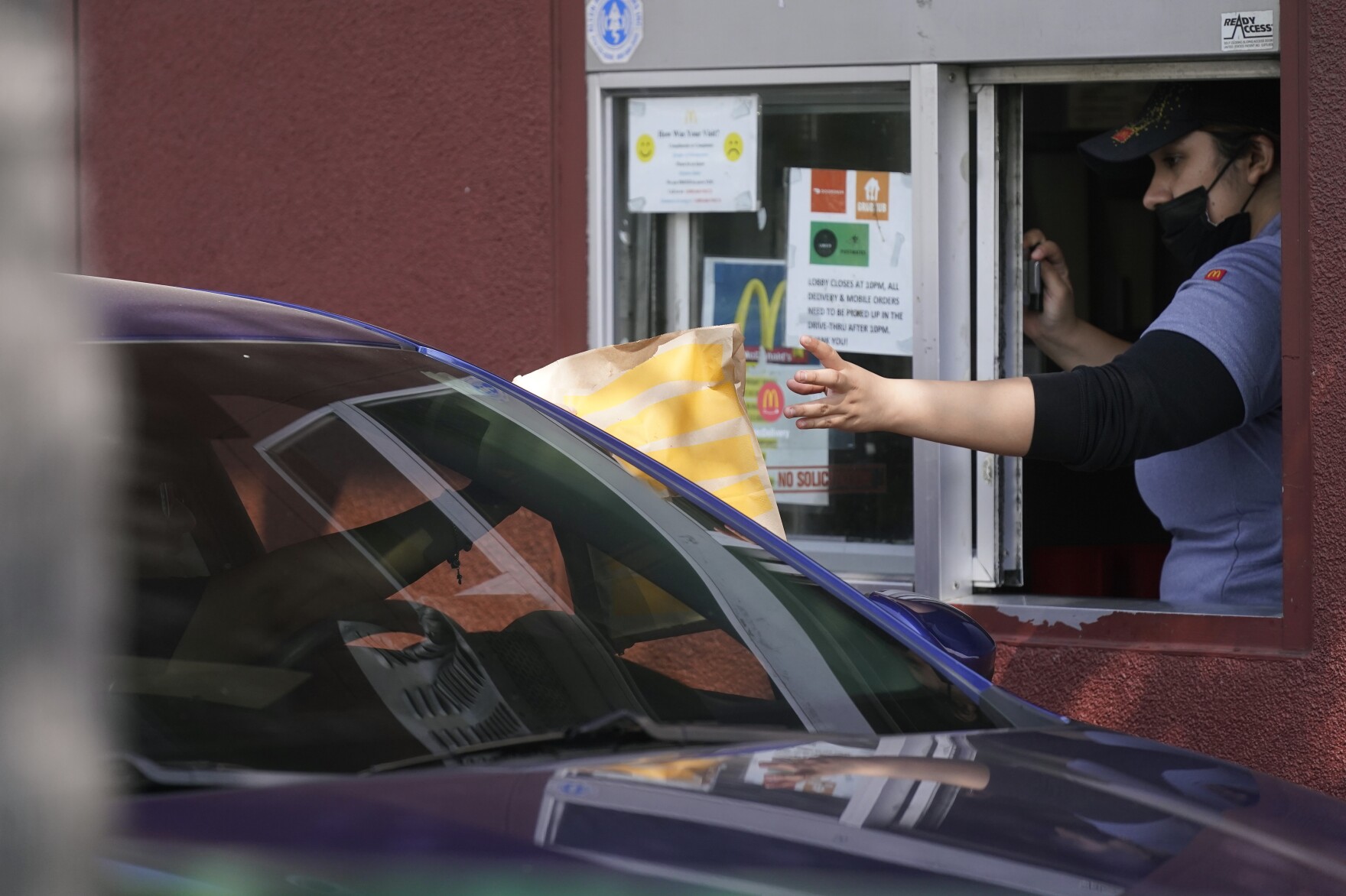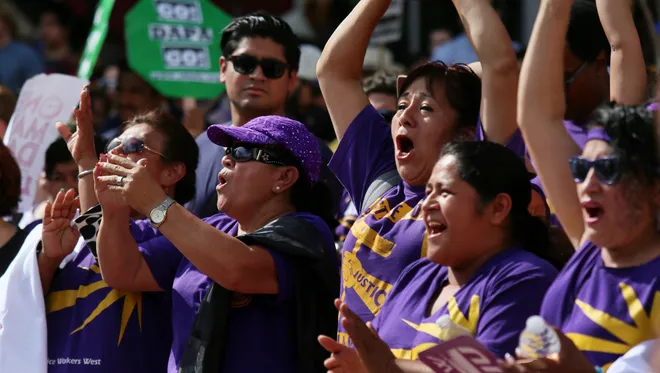Fast Food Employment Takes a Hit
California"s ambitious policy to raise the minimum wage for fast food workers to $20 per hour, which took effect in April 2024, has led to a staggering decline in employment within the sector. According to a recent working paper by Jeffrey Clemens, Olivia Edwards, and Jonathan Meer, employment in California"s fast food sector dropped by 2.7% compared to similar establishments across the United States from September 2023 through September 2024, translating to an estimated loss of 18,000 jobs. These findings challenge the narrative that such wage increases benefit the workforce without consequences.
Policy Change and Employment Trends
The introduction of the $20 minimum wage marks a significant shift in wage regulation, a move that many advocates hailed as a victory for workers" rights. However, the reality is that this policy has contributed to job losses, particularly in an industry characterized by low margins and high turnover. The adjusted figures, which account for pre-existing employment trends, reveal an even sharper decline of 3.2%, indicating that the initial optimism surrounding the wage hike may have overlooked critical economic realities.

California"s Newsom slams Florida"s DeSantis over migrant flights to ...
Voices of the Affected Workers
While proponents of the wage increase argue that higher wages would lead to better living standards for workers, the voices of those directly impacted tell a different story. Fast food employees, many of whom are already living paycheck to paycheck, now face the harsh reality of reduced job opportunities. Affected workers express concerns about their ability to find stable employment, as businesses scale back their workforce in response to increased labor costs. The very workers this policy aimed to uplift are now finding themselves in precarious situations, struggling to maintain their livelihoods.
Economic Implications of Job Losses
The ramifications of losing 18,000 jobs extend beyond individual families; they ripple through the local economies of California. With fewer fast food jobs available, there is a direct impact on consumer spending, which is crucial for economic growth. According to research from UC Berkeley, while there has been an increase in wages, the job losses might negate the overall economic benefits that proponents anticipated. This paradox raises essential questions about the efficacy of such wage policies in fostering genuine economic justice.

California fast-food workers will get $20 minimum wage, startin…
Critique of the Research Findings
Critics of the study argue that the methodologies used to assess the employment impacts are flawed. Some industry reports suggest the job losses are overstated, claiming that the employment landscape is evolving due to other factors unrelated to wage increases. However, as reported by data from recent research, the pre-existing trends indicate that the fast food sector was already facing challenges that were exacerbated by the wage hike. This suggests that while the debate continues, the evidence points towards significant job losses that cannot be ignored.
Call for Comprehensive Solutions
The situation calls for a re-evaluation of strategies aimed at supporting low-wage workers without sacrificing job opportunities. Progressive leaders must advocate for comprehensive solutions that consider the balance between fair wages and job availability. Policies should focus on enhancing worker protections, providing support for small businesses, and investing in job training programs to ensure that workers are equipped for the changing economic landscape. The path towards economic justice must not come at the expense of employment, and new solutions are needed to address the complexities of wage increases in low-margin industries.

L.A. to boost minimum wage to $15







![[Video] Gunfire between Iraqi security forces and Sadr militias in Baghdad](/_next/image?url=%2Fapi%2Fimage%2Fthumbnails%2Fthumbnail-1768343508874-4redb-thumbnail.jpg&w=3840&q=75)
